Written by: Paulo Magalhães, Ana Barreira, Diana Chácon, Maria Fernanda Espinosa Garcés, Earl James, Magnus Jiborn, Sara Moreno Pires, Richard Ponzio, Izabella Teixeira, and Will Steffen
In Brief
Climate change is widely acknowledged as the “ultimate tragedy of the commons”
[1]. Globally, the current legal system does not recognize a stable climate as an intangible common good, instead it is considered as a “common concern”. This perspective prevents the recognition of a stable climate, as a global public good and as a fundamental element of the natural world. This view limits the possibility to benefit from the knowledge that the economic sciences have developed regarding the management of common goods[2]. The methods we use to value and manage the intangible commons defines how we manage the tangible ones. The legal recognition of a well-functioning state of the Earth System as an Intangible Common Heritage of Humankind is a structural condition required to build an economy that pursues conservation and restoration. This would in turn have a domino effect on its economic value, wealth creation, improved health, strengthened relations between the north and global south, harmonizing relations between generations, overcoming inequalities, fostering international relations, improved global governance and multilateralism, among many more.
Redefining Climate as Common Good
When in the 1980s climate change entered the UN agenda, one of the first questions raised was, “what is climate from a legal point of view?”. A stable climate is a visible manifestation of a well-functioning Earth System that can be explained as the product of its robust and predictable dynamics which, in turn, rely on a well-defined biogeophysical structure and a resilient and well-functioning biosphere. It is only within a certain well-defined pattern of stability in the functioning of the Earth System (that lasted for the previous 11.700 years), that we can enjoy well-defined seasons, and an envelope of thermal conditions that support the flourishing of the planet’s well-known life cycles. This favorable operating mode of the Earth System is not a territory, but rather the global and highly complex software of the system. It is absolutely impossible to divide it, even if it is a purely abstract legal division. This intangible reality challenges the fundamental pillars of International Law, as it defies all forms of geographical or territorial division.
This “legal indivisibility” has become one of the most daunting challenges for a globalized society that regards the management of common goods as something that inevitably results in a “tragedy of the commons”, and which considers the regime of division, private property rights and market mechanisms as the only way to solve this inevitable tragedy.
Although a stable climate is not materially and legally divisible and thus impossible to privatize, it is, however, exhaustible and finite. This means that it is necessarily a common good, both from a legal and economic point of view. Therefore, organizing the interdependent relationships that emerge from the shared use of a single, indivisible, and highly interconnected Earth System on a global scale, is certainly the greatest challenge that humanity faces to save our common future from the catastrophe of climate change, the sixth great extinction event and the destabilization of our own life support system.
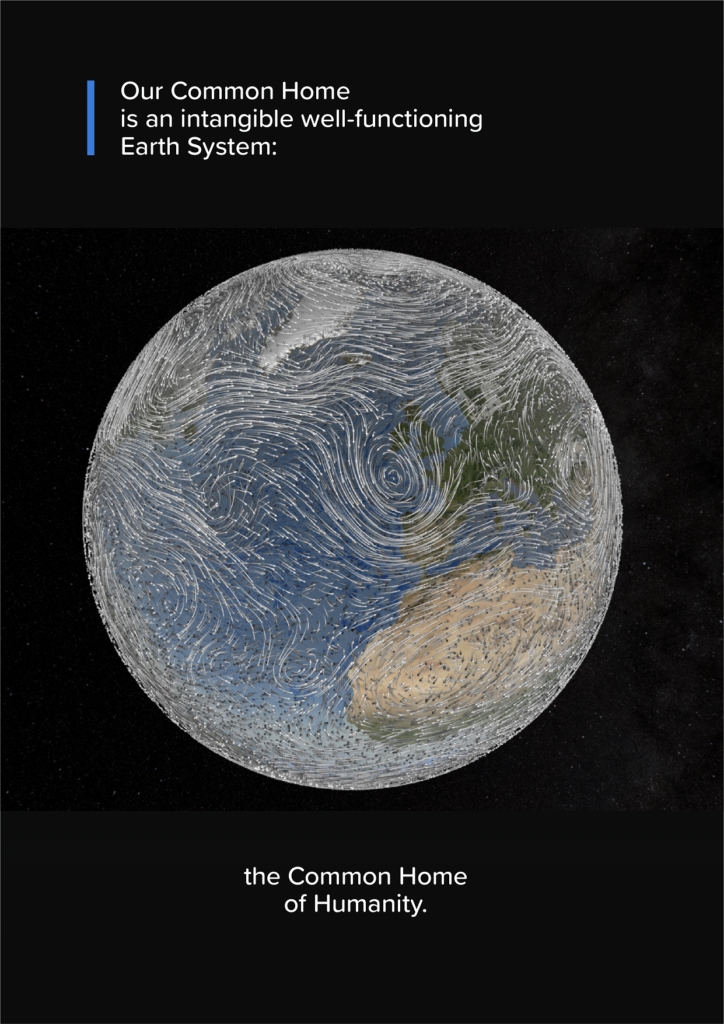
Climate as a ‘Common Concern’ or a ‘Common Heritage’?
After the Maltese proposal of 1988 that suggested to the United Nations General Assembly the recognition of “Stable Climate as a Common Heritage of Humankind”, the option chosen was to consider climate change as a “Common Concern of Humankind”. Almost 30 years after climate change was considered a “Common Concern of Humankind”, and although this is also the legal framework adopted by the Paris Agreement, there is still no clear definition of what the legal implications of this approach are. A Concern of Humankind is a vague political formula that does not legally recognize the existence of a global common good without borders – a stable climate – as would have occurred if the Maltese proposal had been accepted in the 1980s.
Since a stable climate was not recognized as a ‘Common Good’, even though it exists in the real world, despite being physically intangible, the option was to address climate change through a system of mitigation commitments by Nation States. While this seems to be a purely theoretical matter, it became decisive for all subsequent discussions and actions on the ground. Inevitably, this strategy to address the climate change challenge is directly linked to the lack of tangible results that has transformed the crisis into an emergency, further driving us to an unstable ‘Anthropocene’, a very rapid human-driven trajectory of the Earth System toward new, hotter climatic conditions and a profoundly different biosphere.
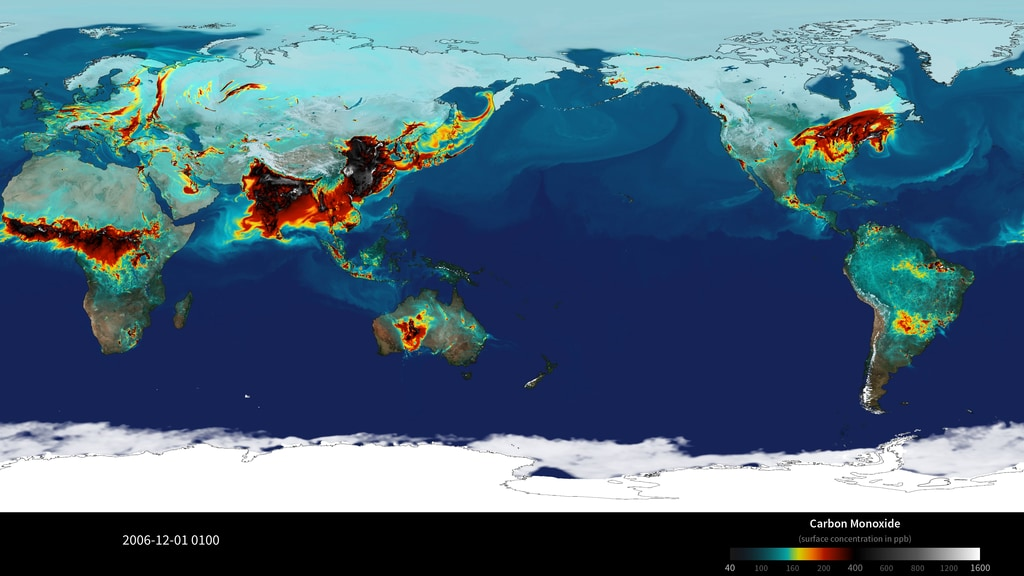
Considering climate as a “Concern of Humankind” is something that remains consensual and yet taken for granted, which in turn can explain the failure to combat climate change. The key issue that remains overlooked is that without the definition and recognition of the existence of a Common Good, it is not possible to address the climate emergency as a matter that requires decisions regarding the management of a global common good – and this is precisely the concept where all issues converge. Economic sciences have already developed a series of principles[3] that go beyond the classical economic doctrine: the successful management of common goods. While the first step in the management process is to recognize and define common goods themselves, this critical point was omitted at the 1992 Earth Summit. This meant that the possibility of recognizing the existence of a common good without borders, for the very first time, was not taken into consideration at the time.
Furthermore, we were left with a containment and burden-sharing approach, under which each country is only committed to reducing the damage caused by its actions, closing the window of opportunity to the positive implications that the recognition of a common good without borders would entail in terms of value and wealth creation. As a result, we continue to mitigate the problem using the same tools, disregarding a much needed paradigm shift. This represents a negative sum game, since the “stable climate resource” constantly decreases, even if there are small reductions in the rate at which damages are inflicted on the climate system.
The main problem with this approach is that because “Stable Climate” as a global public good has not a legal recognition yet, all the benefits that contribute to maintaining a stable climate disappear from a legal point of view. Consequently, this global legal gap make these benefits invisible to the economy, giving emergence to the so-called “Amazon Paradox”[4].
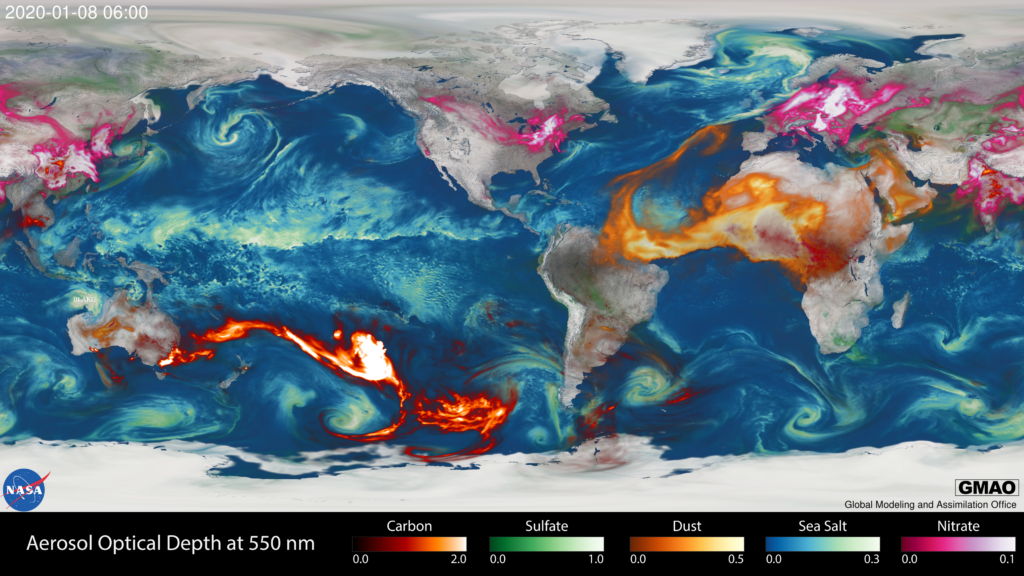

The Amazon Paradox
The crisis in the Amazon may be explained as the result of the failure of international law to recognize the existence of a borderless global common good – the intangible and non-territorial Earth System. This gives rise to the socioeconomic invisibility of the biochemical and geophysical processes of nature that could keep the planet inhabitable for humans. The most prominent example of this failure is the climate emergency.
The Amazon is a classic feature of this paradox, as it hosts one of the most critical ecosystems to maintain a well-functioning Earth System as a whole. The contradiction between the vital value of the Amazon rainforest for humanity, and the way today’s economy recognizes the creation of value and wealth, is at the core of the issue. The importance of the Amazon for the Earth System as a whole, cannot be measured in tons of wood extracted, or soy or meat produced. It should rather be measured and valued in terms of the total amount of biochemical functioning and geophysical processes that this vast ecosystem provides for the Earth System.
The primary role of the Amazon is to help maintain the proper functioning of the global biogeochemical cycles, unquestionably priceless compared to any goods that can be extracted from it. Unfortunately, because the common good (a well-functioning Earth System) in which these biochemical benefits exist are invisible from a legal point of view, the natural “work” they create is also legally non-existent, and consequently considered invisible and an externality to the economy[5]. For this reason, a State-level mitigation approach makes it technically impossible to recover a stable climate. This also means that it makes it impossible to build an economy and a society capable of managing the use of a common good, and this to restore the stable functioning of the Earth System.
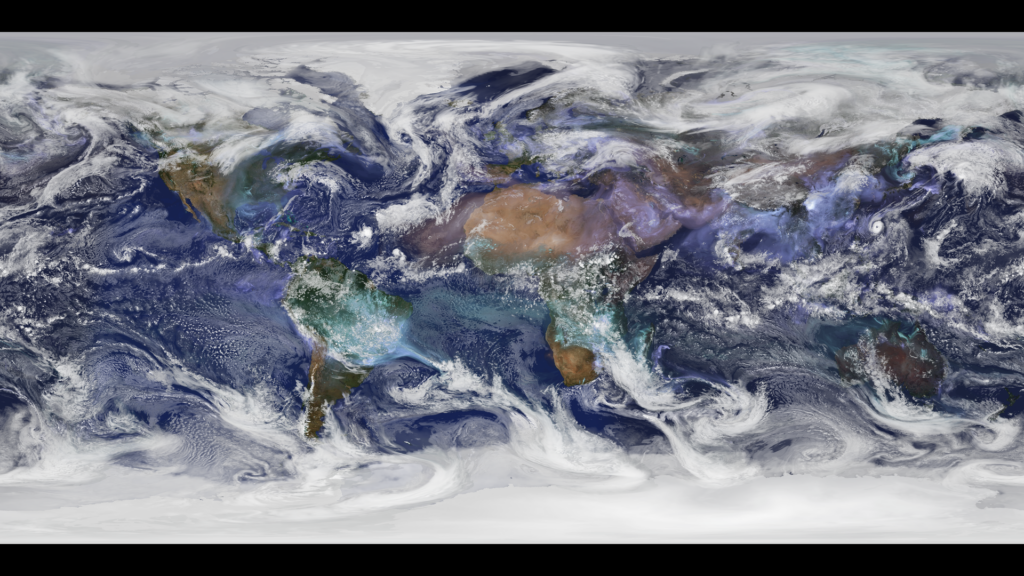
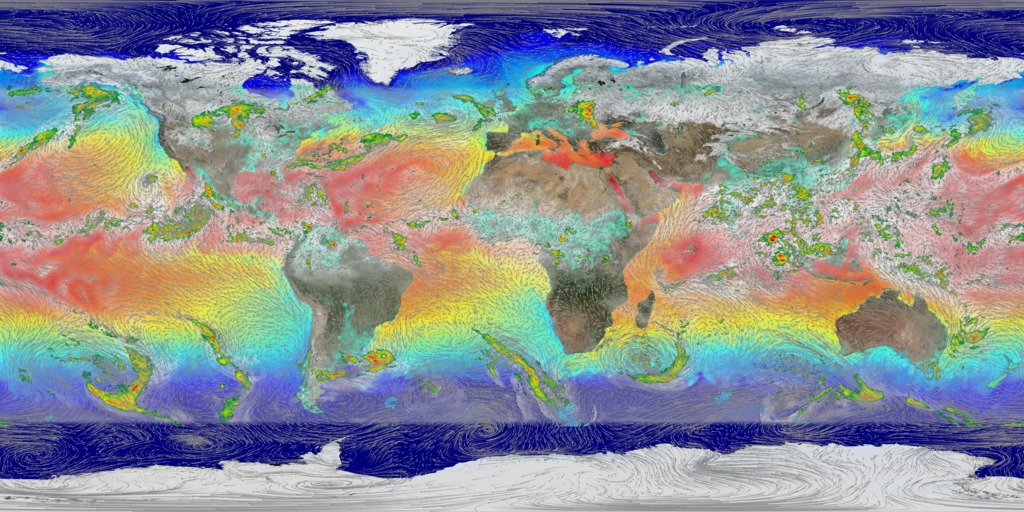
The Challenge to Humanity
“There are currently no economic mechanisms designed to pay for negative emissions”[6], or for other impacts (aside from the reduction of carbon dioxide emissions) that contribute to the maintenance or restoration of a well-functioning Earth System. Since the benefits are not directly visible to a nation’s GDP, they are omitted from any decision-making by governments, making it impossible to create an economy that maintains the global public good – a stable climate. Without awareness of this fundamental flaw, the continuation of the “Common Concern” approach will perpetuate the existing paradigm, where the creation of wealth is based almost exclusively on the extraction and destruction of ecosystems – humanity’s ultimate life support system. Changing this rule of destruction that has guided our economy requires a critical legal innovation that redefines the concept of “Global Commons” that goes beyond the leftovers from territorial divisions, and to embrace the intangible functionality of the Earth System, as a critical global common upon which we completely depend for our continued existence and well-being.
Today we have the scientific knowledge to define, both in qualitative and quantitative terms, the intangible asset that supports life on Earth – the stable biogeophysical conditions that define a well-functioning of the Earth System[7]. Establishing this well-defined state of the Earth System as the Intangible Common Heritage of Humankind would serve as the legal basis to build a system that is congruent between the rules of appropriation (negative externalities) and the provision of the global common good (positive externalities), within which policies can be developed. The lack of a legal framework constitutes the systematic omission of the basic requirement to make possible any human endeavor. Therefore, in order to guarantee its sustainable management, this global common good has to be legally recognized as such.
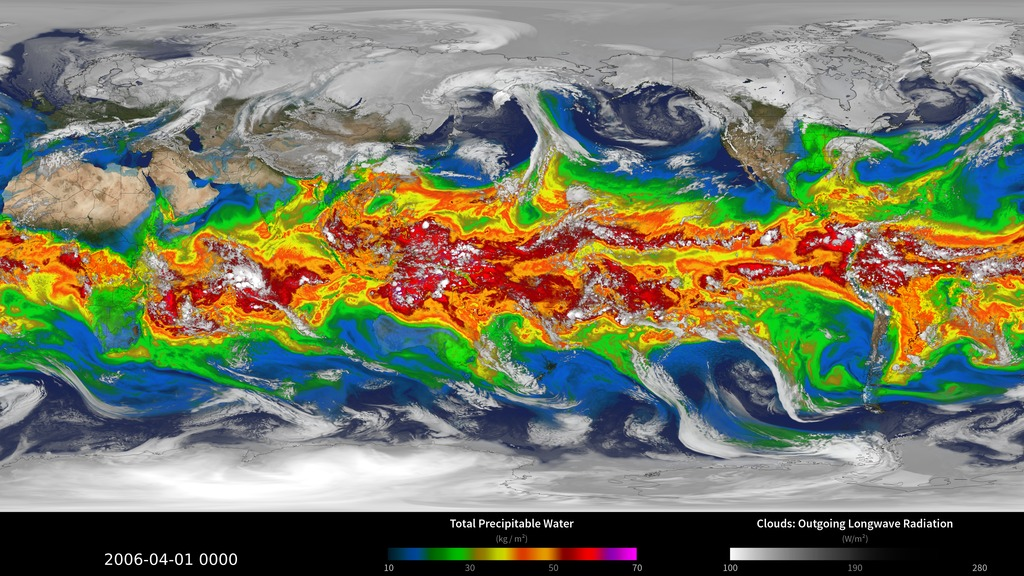
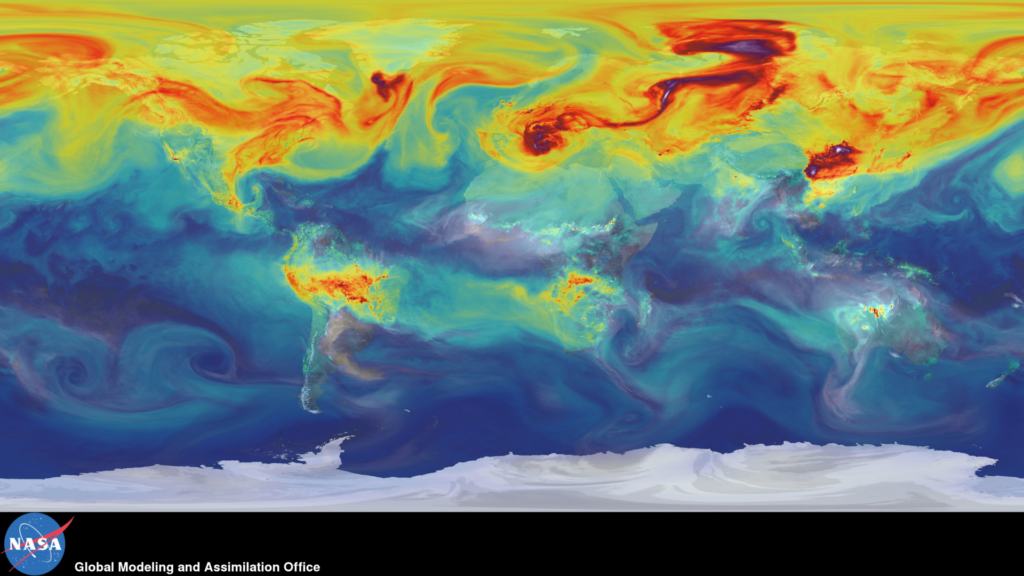
Starting at the landmark commemoration of the 75th anniversary since the creation of the United Nations (UN), after 25 UN conferences on climate change, and approaching the commemoration of the 50th anniversary of the UN Conference on the Human Environment of Stockholm 1972 (Stockholm+50), it is of utmost importance to reopen this critical discussion. The legal recognition of a well-functioning Earth System represents an innovation that will allow the international legal framework to accurately recognize and acknowledge the reality of a highly interconnected planet.
The biogeophysical cycles that support life are borderless commons. They are inevitably on the crossroad of the Anthropocene, if it is to be livable. Without the very first step of accepting the idea of commons without borders – our common home is an intangible well-functioning Earth System – we will not have the structural conditions to make possible one collective action.
References
- [1] Jouni Paavola (2011) Climate change: the ultimate “tragedy of the common”? Sustainability Research Institute, The University of Leeds, Paper no.24, Centre for Climate Change Economics and Policy, Working Paper nº53, SRI Papers (online) ISSN 1753-1330.
- http://www.see.leeds.ac.uk/fileadmin/Documents/research/sri/workingpaper…
- [2] Ostrom, Elinor (1990) Governing the Commons: The Evolution of Institutions for Collective Action (Political Economy of Institutions and Decisions), Cambridge University Press; 1st Edition.
- [3] Idem
- [4] Paulo Magalhães, Will Steffen, Alessandro Galli (2019) – The Earth System upon which all life depends must be legally recognised if is to be protected. https://together1st.org/
- [5] Idem
- [6] Energy and Climate Intelligence Unit – https://eciu.net/analysis/briefings/net-zero/negative-emissions-why-what-how
- [7] Johan Rockström et. al. (2009) A Safe Operating Space for Humanity. Nature. 461(7263), 472. doi:10.1038/461472a

This interview originally appeared on The Solutions Journal and is republished here as part of Common Home Conversations Beyond UN75.







